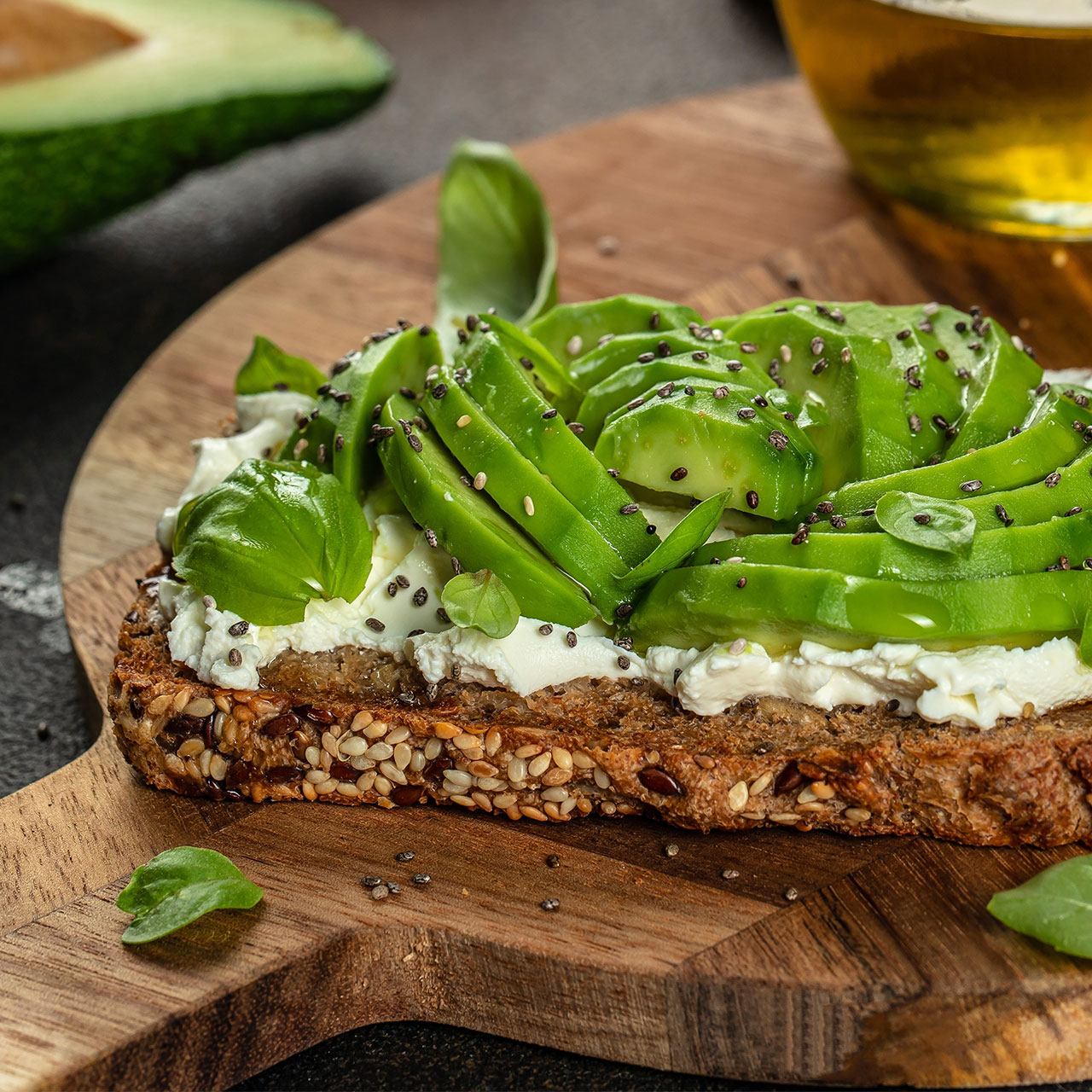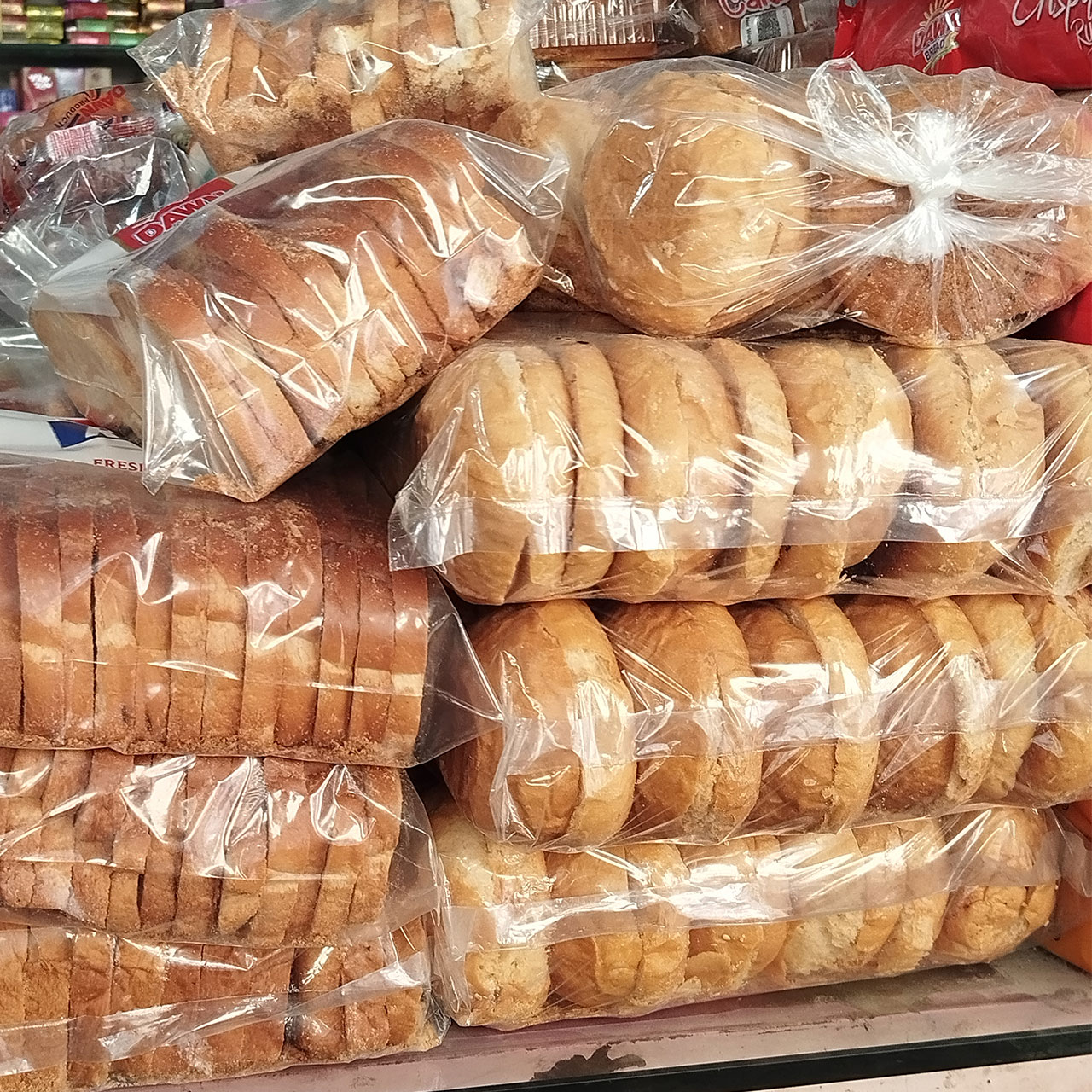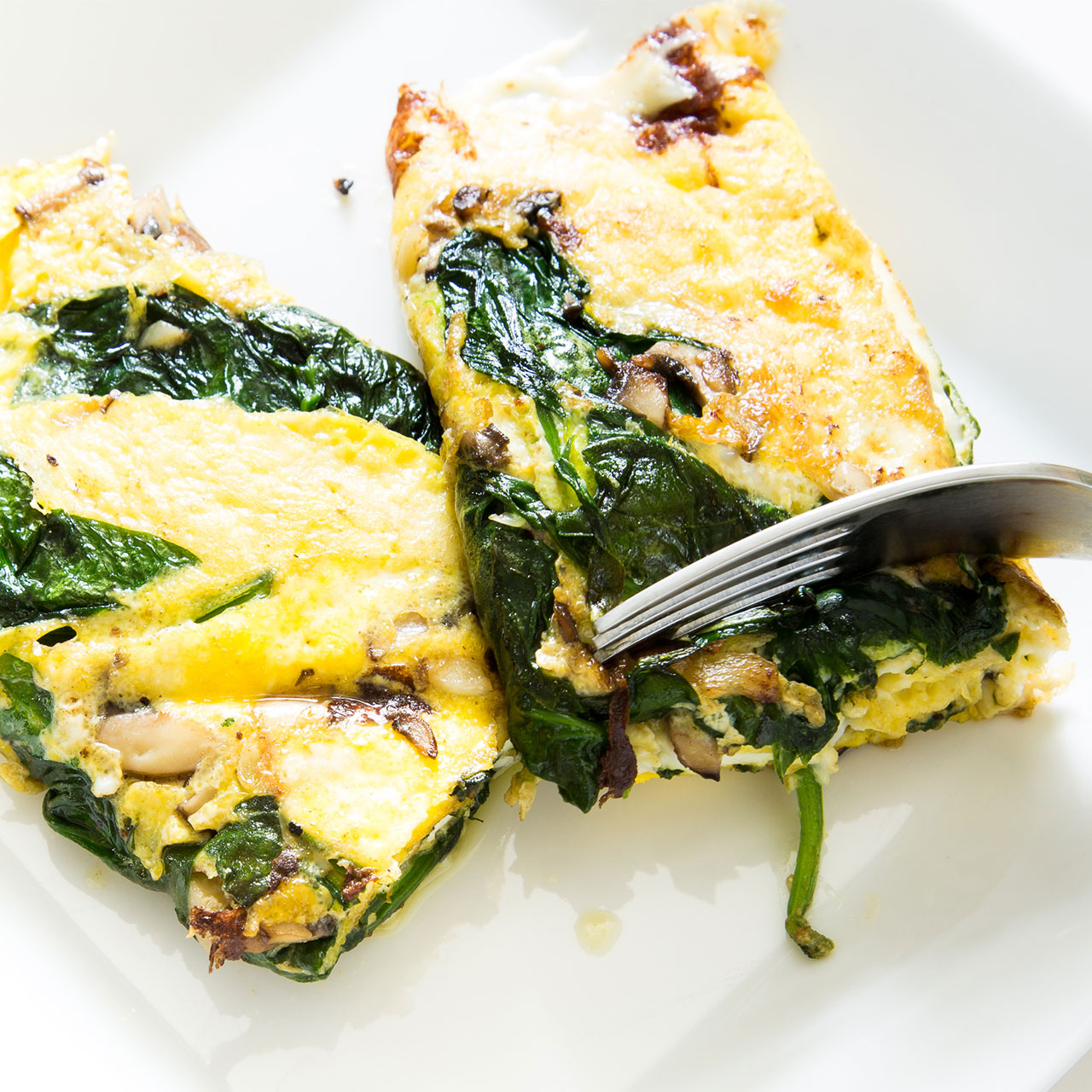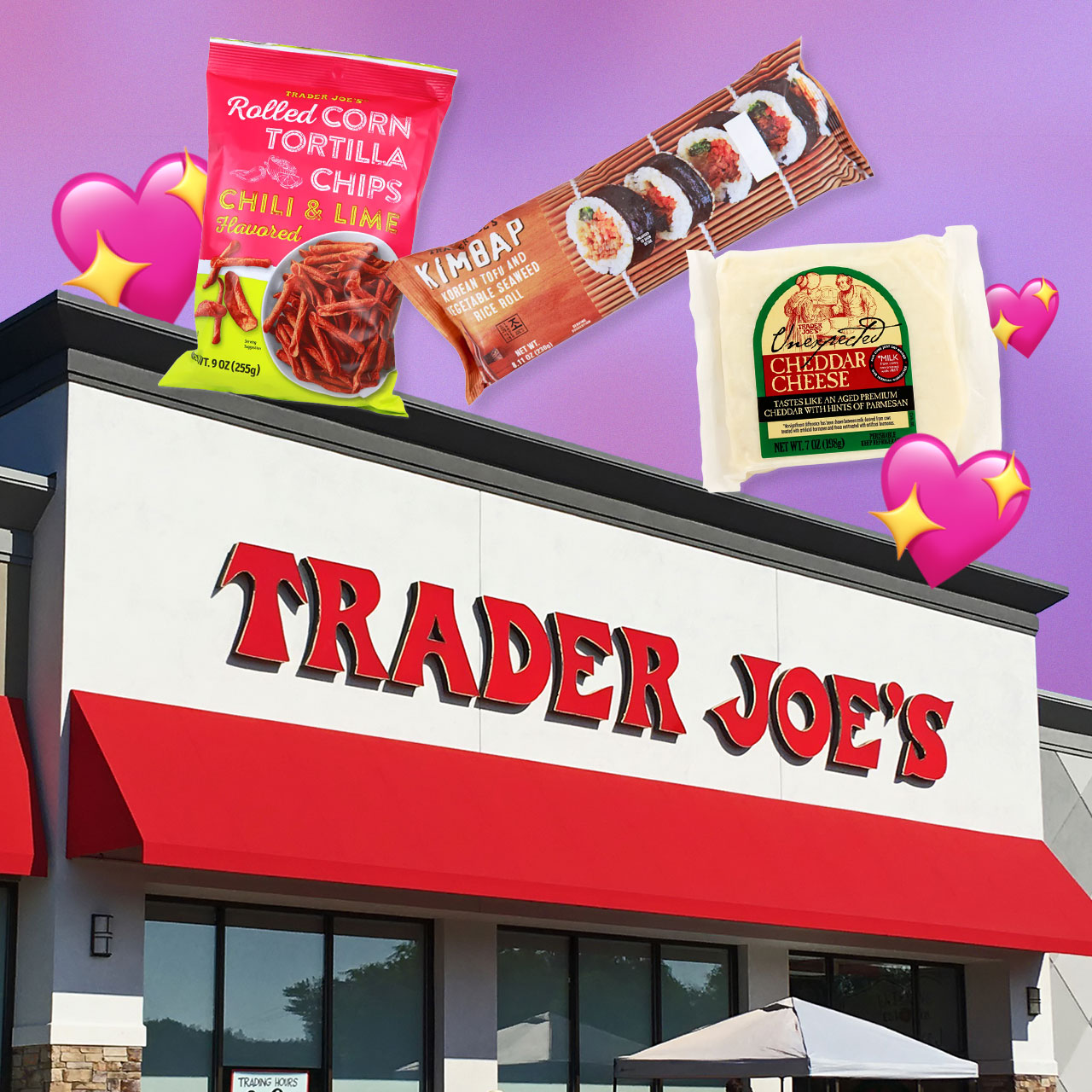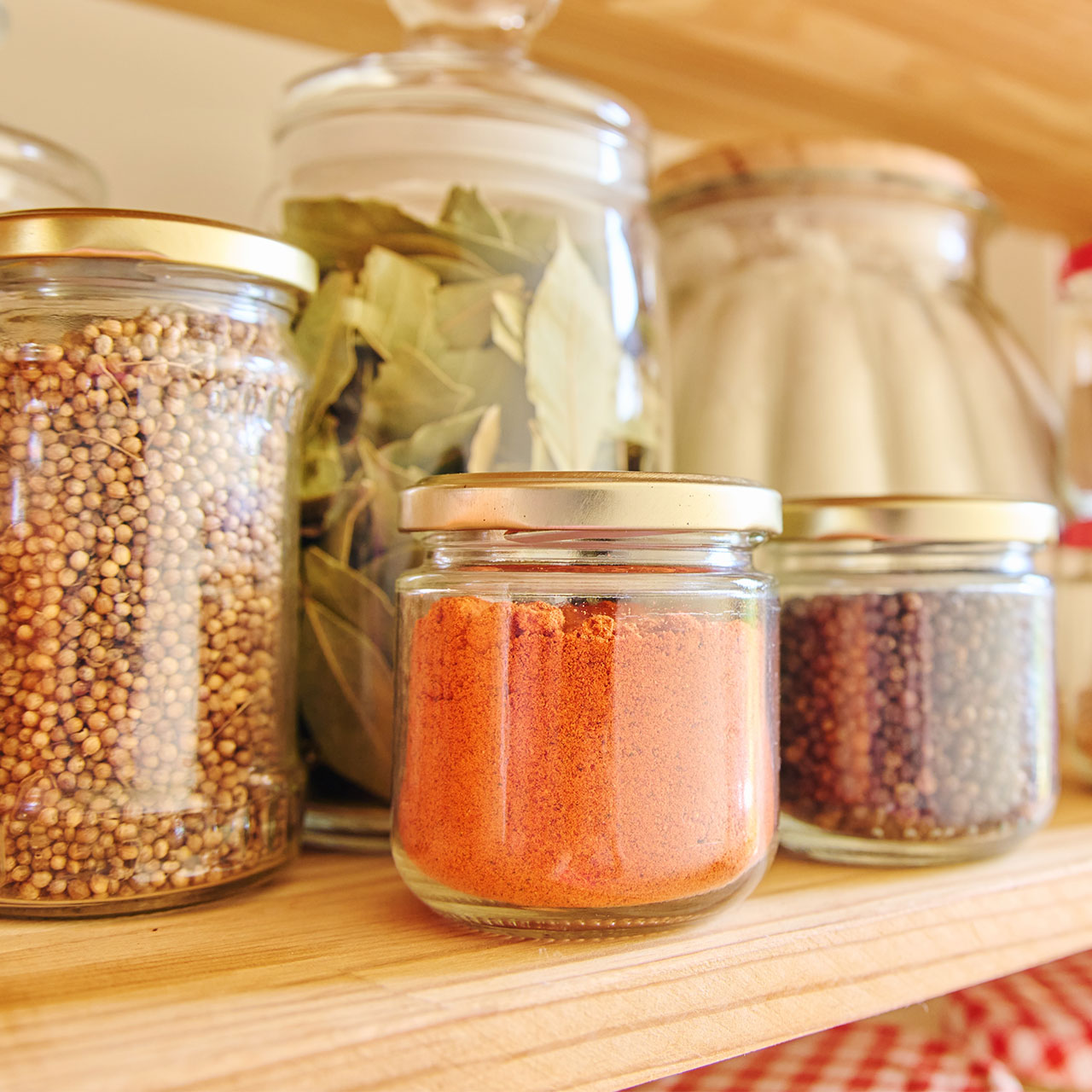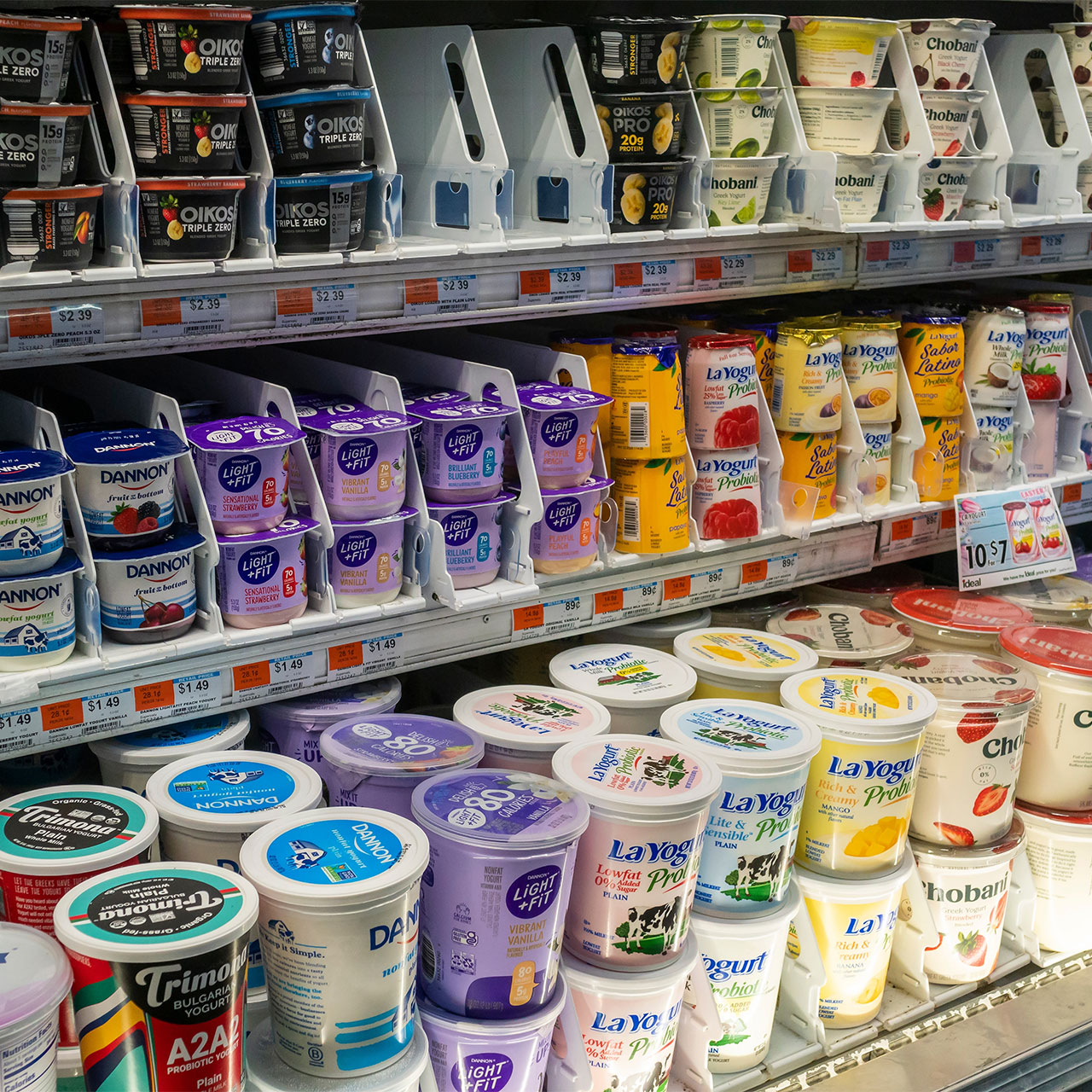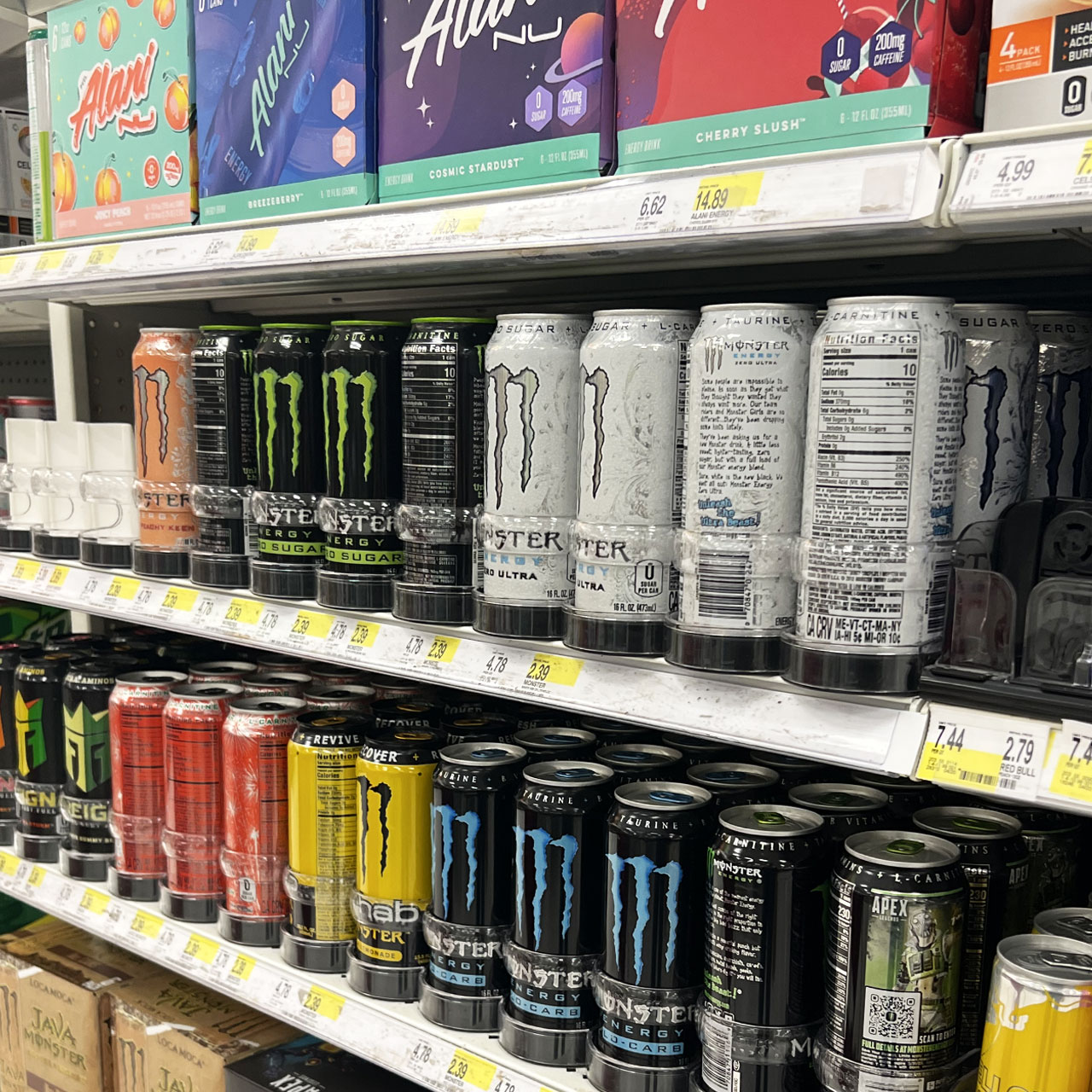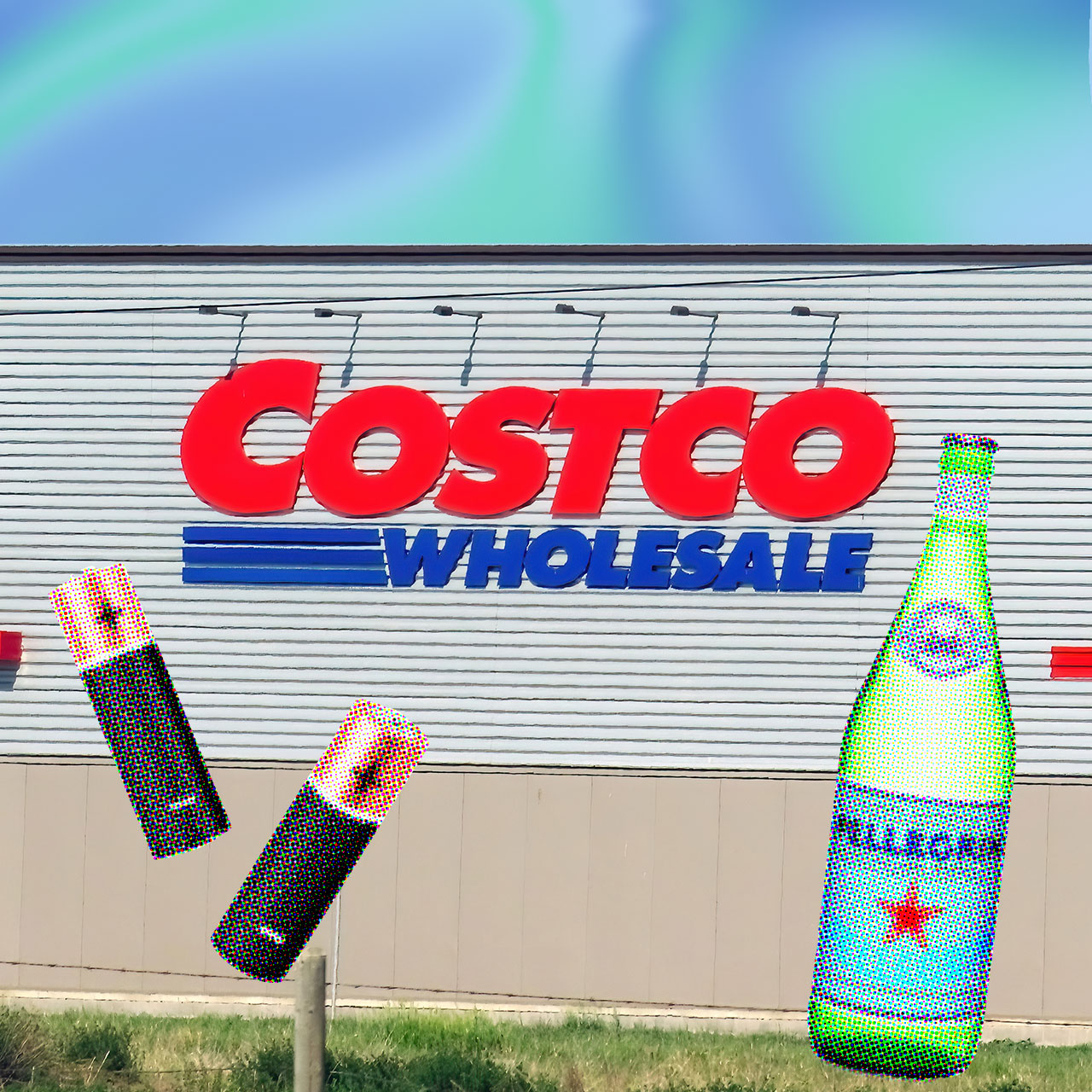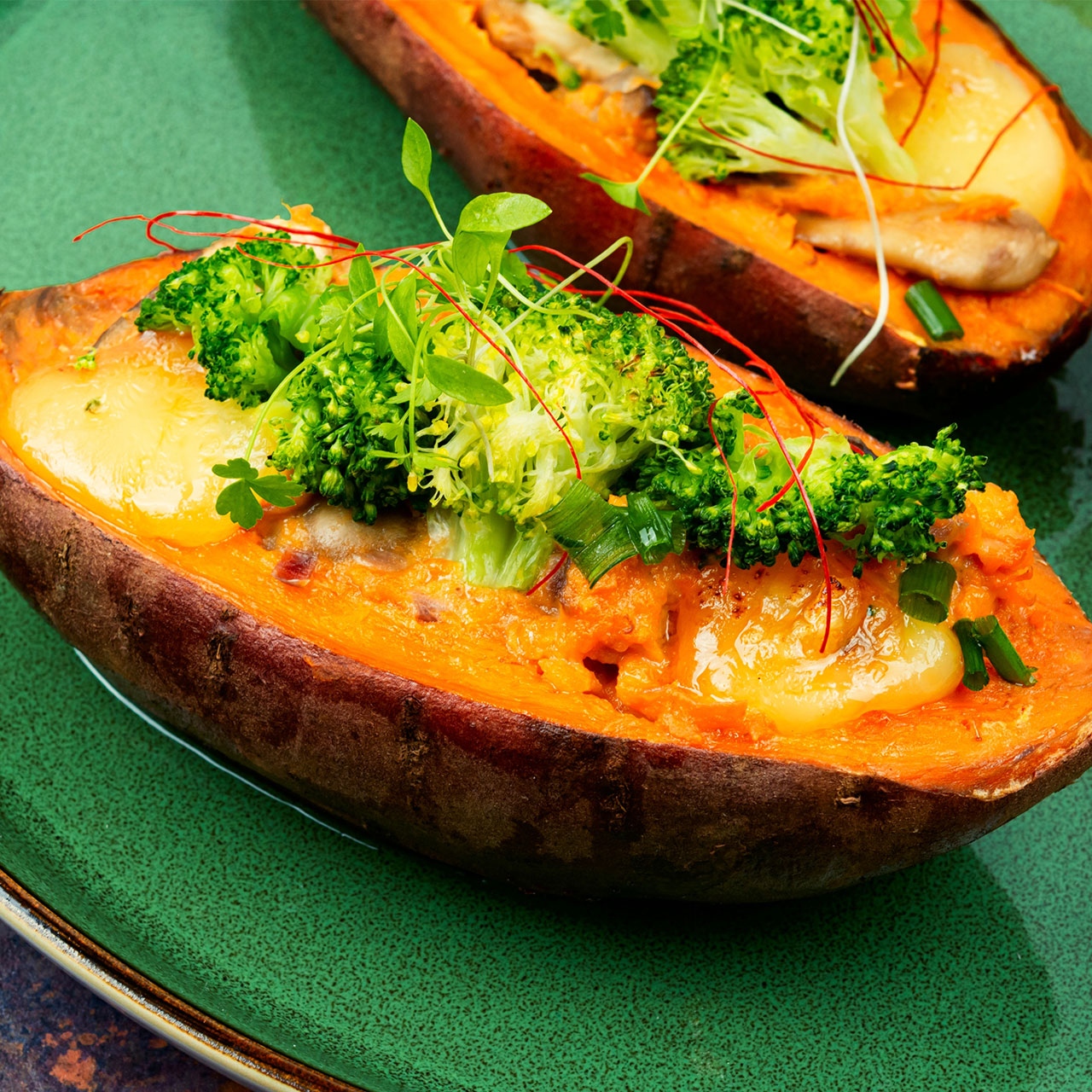This is an archived article and the information in the story may be outdated. Please check the time stamp on the story to see when it was updated last.
For many of us, COVID-19 has made us think more about the ingredients and foods we’re picking up at the grocery store and serving to our families. The pandemic has allowed us the time to slow down and begin the process of mindful eating. As a result, more of us are discovering the foods on our grocery list that do more harm than good. Experts warn that this is a time when you need to take care of your health more than ever, and just because a food markets itself as being “healthy,” doesn’t meant that the brand is doing their due diligence in providing customers with the cleanest and most nutritious source. Here’s what our food experts warn against:
READ MORE: The Scary Mistake You’re Probably Making When Getting Curbside Pickup, According To Health Experts
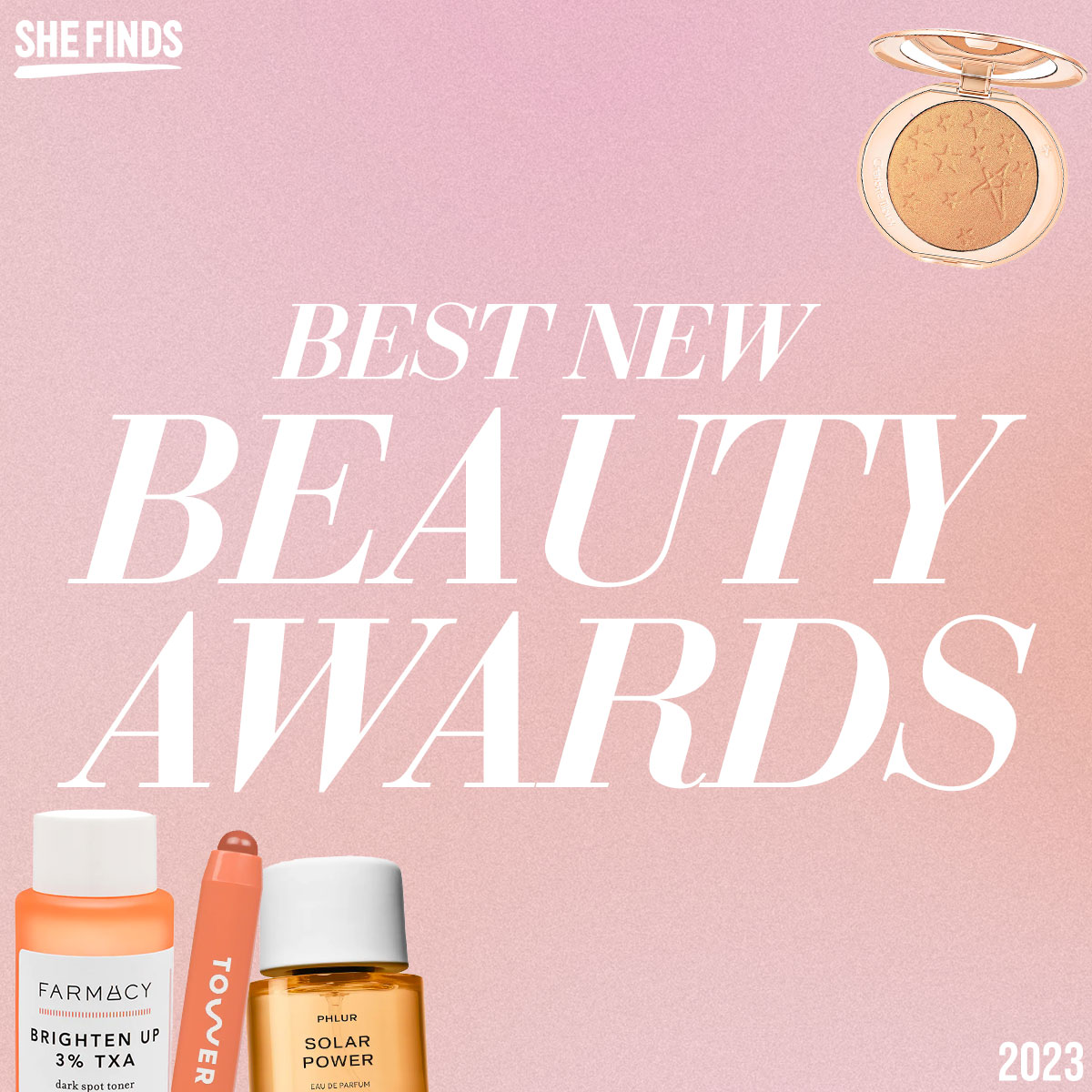

Skippy Peanut Butter
"Conventional peanut butters such as Skippy may be tasty (and a nostalgic trip into our childhood), but they contain added sugar and oftentimes have hydrogenated oils as well," Dr. Christian Gonzalez, naturopathic doctor and non-toxic living expert tells us. "Hydrogenated oils are almost always processed and usually come from genetically modified cottonseed, soybean, and canola oil. These oils are inflammatory and gut disrupting." Yikes!
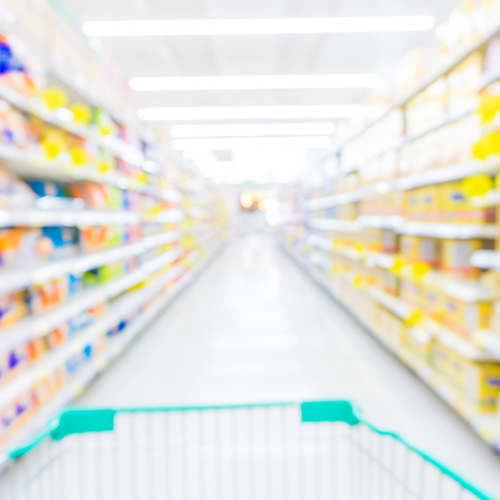
Foods Containing Carrageenan
"Found mostly in beverages and frozen treats, this is a red seaweed that has been shown in studies to upset the gut and may even cause ulcerative colitis like conditions," nutrition educator and "The Ingredient Guru" Mira Dessy tells us. "The problem is that it’s such a good emulsifier and thickener that it is used in products across nearly every aisle of the grocery store. It’s even in lunchmeat!"
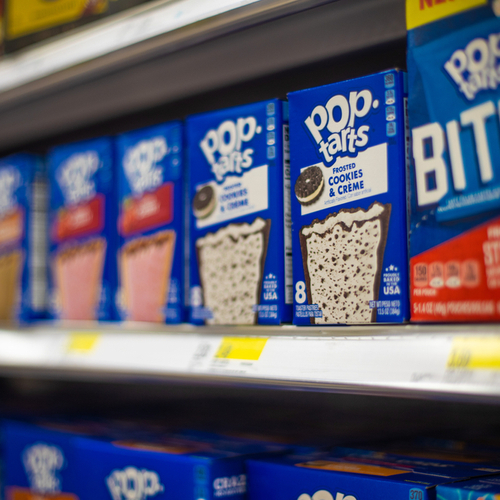
Pop-Tarts And Sugary Cereals
"Both of these items are loaded with sugar, corn syrup, and additives that compromise your body's stress response and ultimately immune system," functional nutritional therapy practitioner and health coach Erik Levi of Holistic Nootropics tells us.

Soda
"Soda is made of carbonated water and high fructose corn syrup," certified health and wellness coach and nutritionist Lynell Ross of Zivadream tells us. "It also contains acids like phosphoric acid and carbonic acid that make your teeth vulnerable to decay. When you add in the sugar, it makes soda even more harmful, leading to diabetes, hypertension and kidney stones, which puts you at risk for kidney disease. Cola beverages also contain phosphoric acid, which in addition to kidney stones, puts you at risk for osteoporosis and heart disease."
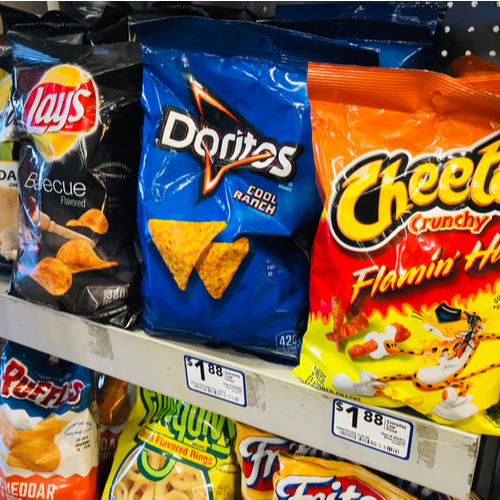
Monosodium Glutamate (MSG)
"Foods that contain Monosodium Glutamate or MSG are harmful to your immune system," Lynell warns. "MSG can be a staple in many foods, and unless you read food labels carefully, you wouldn't know it. Research has shown that eating foods with MSG can cause changes in your thymus and spleen which can reduce your immune function, as your spleen can help you make antibodies to keep you well. Foods that you might not suspect that are made with MSG are your favorite chips, soups, instant noodle meals, processed meats, condiments, chips and other snack foods. MSG has been associated with headaches, chest pain, facial numbness, swelling, flushing, and sweating."
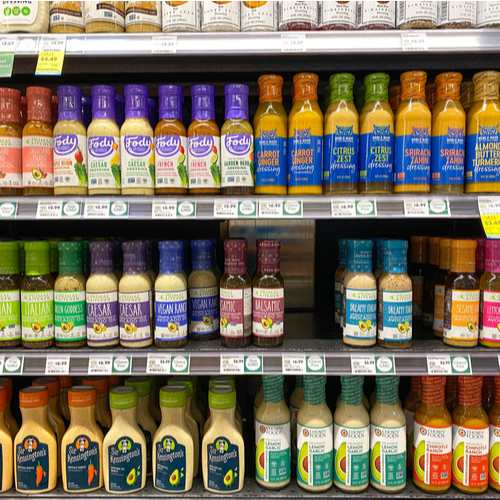
Foods Containing Artificial Colors
"Here in the US the debate rages on but in Canada, the European Union, and Australia, it’s clear that artificial colors are bad for you," Mira warns. "Made from petrochemicals they can increase inattentive behavior and have been shown in some instances to cause mood swings. The FDA has declined to accept the science even in spite of several large scale studies and a request from consumer groups for warning labels."
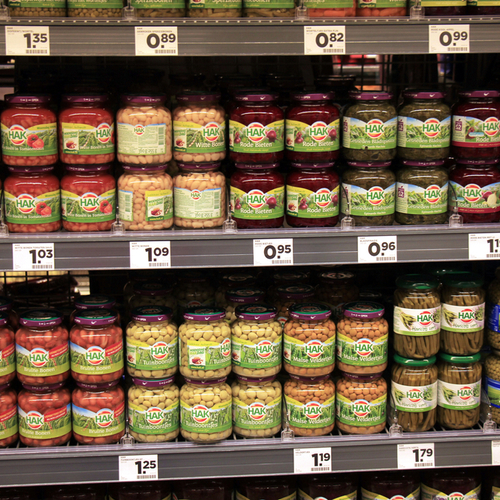
Sugar
"Sugar is sweet and we like it. Food producers know this and frequently put lots of it into products to try to get us to think it tastes good," Mira explains. "They also know that consumers are becoming savvy to some of the label issues. Such as the fact that ingredients are listed by volume on the label. This means that the more of something there is in the product, the higher on the list that ingredient appears. But if a producer doesn’t want to list sugar as the first ingredient there is a workaround. They can use lots of different kinds of sugar - maple syrup, dextrose, rice bran syrup, etc. each of these ingredients are listed by their individual volume, not as an accumulated sugar. You can find yourself eating far more than you realize if you don’t actually read the ingredient label to see how much sugar is in that package."




